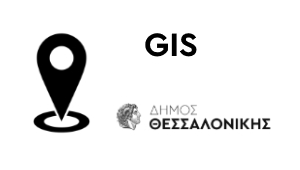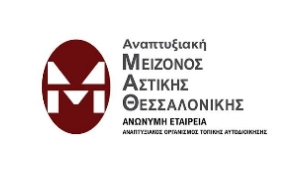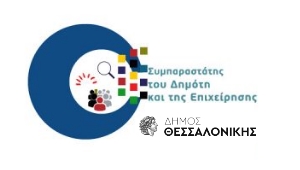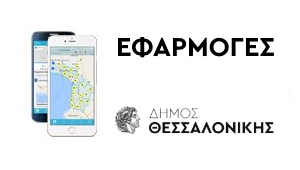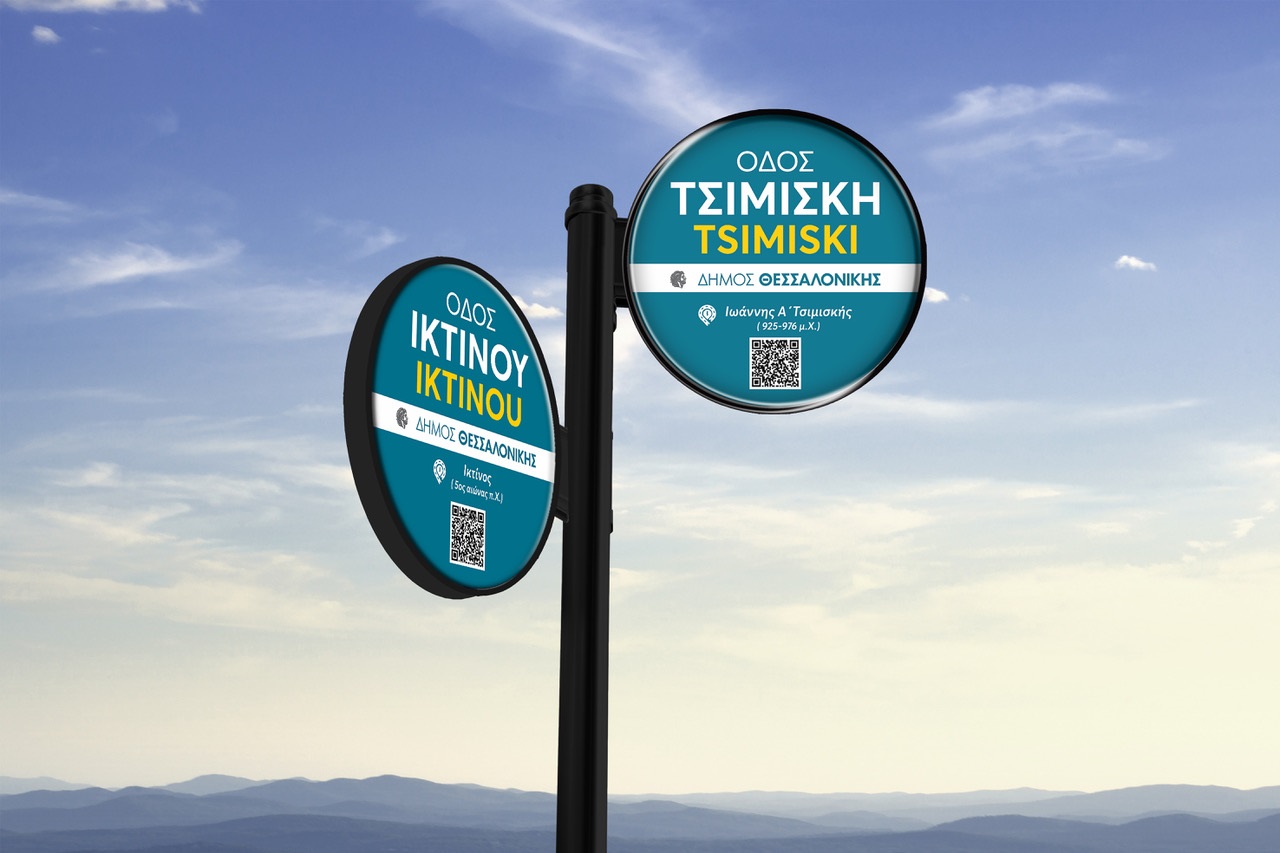
Street names in cities often seem to exist only to guide lost travelers, however the story behind street names reveals a past that reflects their true meaning as well as the history of the city itself.
Street names give character and life to the place they refer to and often serve the meaning of a historical landmark for a city. They reveal the politics, culture and ideologies of cities and also provide a common language for the city and its inhabitants.
The placement of 450 smart street name signs with historical information using QR-Code and NFC (Near Field Communication) labels in the historical center of the city is an initiative of the Municipality of Thessaloniki and D. MASOUTIS SA.
D. MASOUTIS SA in the context of Corporate Social Responsibility and its active presence in Thessaloniki wishes to express its interest in the city and the citizens by donating all the necessary equipment for the study, design, construction and placement of the smart street name signs in order to facilitate residents and visitors.
The purpose of this is first to have the needful street signage in the city, for residents and visitors and then to get familiar with the history of the streets we pass every day.
Kindly supported by





